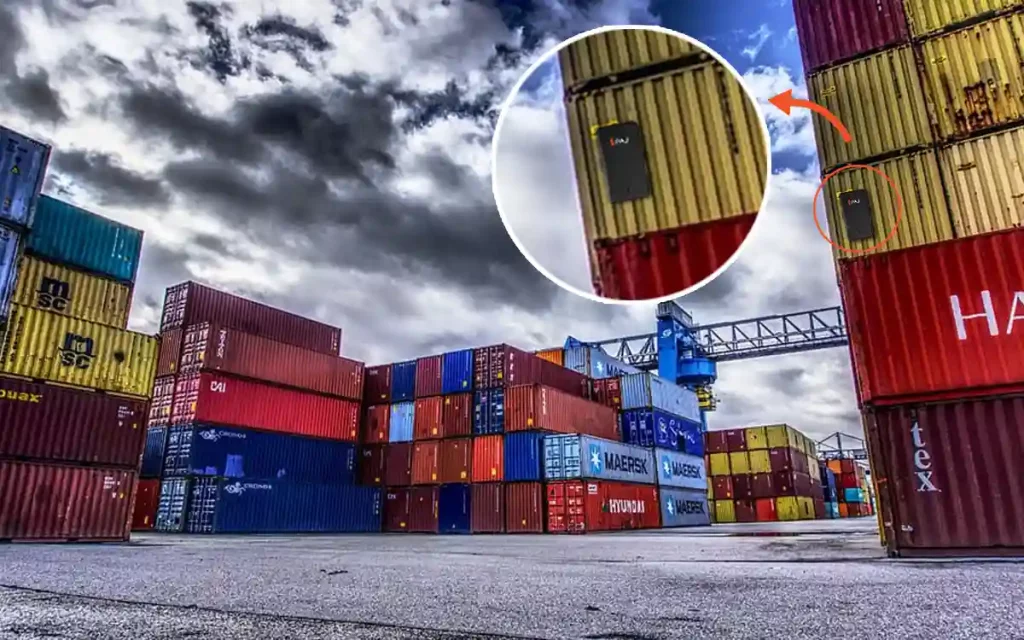The Advantages of GPS Fleet Tracking
The phrase “fleet management” refers to the process of managing organisational operations through the use of GPS satellite network to assure fleet safety. Location tracking is used by fleet managers to collect fleet data and run it through powerful algorithms to ensure the security of a company’s cars and assets. Because mobile fleet management involves so many moving elements and variables, a dependable GPS fleet tracking system is essential for smooth and effective operations.
Let’s take a closer look at what a fleet management solution is and how GPS fleet monitoring may assist a company to optimise vehicles, from having real-time traffic information to being able to watch your fleets’ every move!
What is a GPS fleet tracking system?
Companies use fleet GPS tracking as an onboard management system to follow the behaviour of their assets and personnel as they travel through the supply chain. For fleet managers, GPS tracking devices provide near real-time visibility. As a result, a readily accessible dashboard provides rapid access to a range of shipping data points. Initially, drivers used radios and phones to communicate with their superiors and coworkers. However, these days cellphones and tablets are increasingly used for the majority of communication.
A driver, for example, might depart the loading dock early in the morning and communicate with shipping management throughout the day. Managers can monitor progress using GPS tracking. They may also give you advice and updates on how to make your delivery go faster and safer.
How Does GPS Fleet Tracking Work?
Fleet GPS systems acquire, store, and transfer data to cloud platforms using GPS tracking devices. For example, fleet GPS systems can keep track of vehicle speed and location. Advanced data, such as idling time, fuel usage, braking, and acceleration, are reported by some. The features and quality of services differ from one provider to the other. Some suppliers provide budget tracking solutions at a minimal cost. Others provide comprehensive platforms with a wide range of capabilities.
The Benefits of a GPS Fleet Tracking System
An efficient fleet tracking solution gives business owners a plethora of benefits. Now that you have a better idea of what GPS tracking systems are, let’s turn our attention to some of the benefits of GPS tracker.
Protect Vehicles
A good fleet tracking system provides a slew of advantages to business owners. Let’s look at some of the advantages that GPS tracking devices provide now that you have a better understanding of what they are.
Managers can gain more insight into driver habits by using systems that track braking and acceleration metrics. Managers may utilise this information to better train drivers and extend the life of their vehicles. In the long term, this can save a lot of money.
Maintain a high level of customer satisfaction
One of the most significant advantages of adopting fleet GPS monitoring systems is that businesses can determine the most efficient routes for their drivers. This cuts down on delays and allows businesses to ensure that their items arrive on time. Simultaneously, it leads to happier customers, fewer complaints, and lower attrition.
Waste Reduction
In some circumstances, GPS tracker for cars can assist in avoiding traffic bottlenecks, decreasing idle time and pollution. This can also save money because it cuts down on fuel waste. As a result, fleet GPS management is crucial for businesses looking to reduce emissions and improve their environmental efforts.
